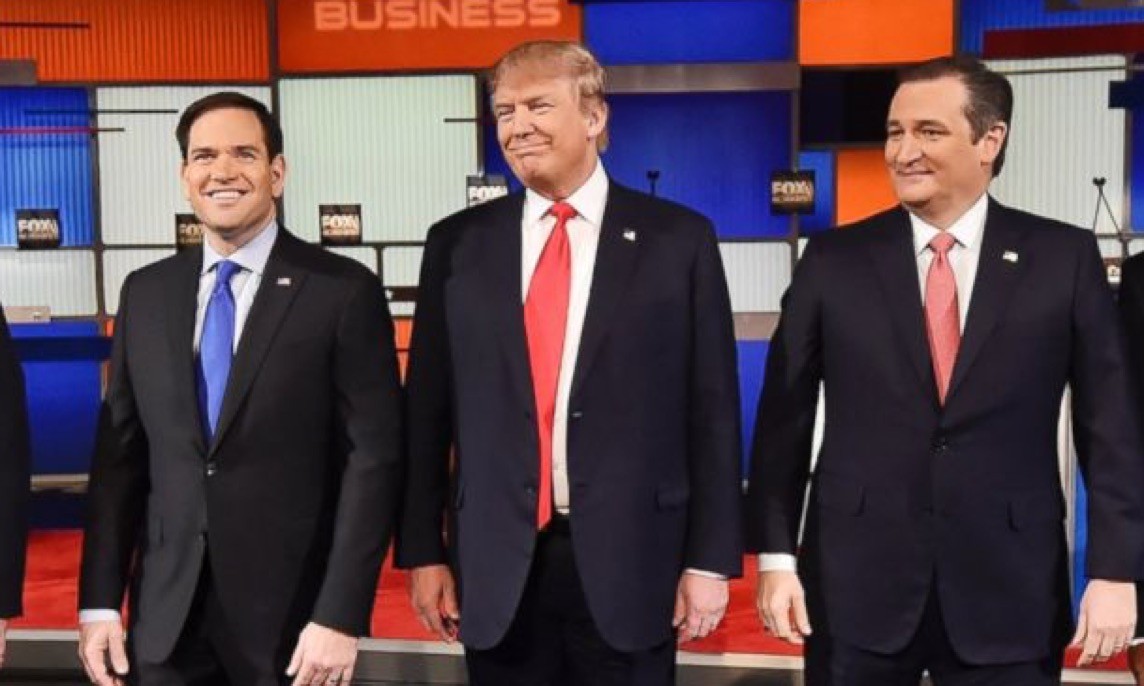Weekly Briefing: February 29, 2016

IRANIAN ELECTIONS

Iranian’s voted in a double election on Friday to elect candidates to the 290-member Parliament and 88-member Assembly of Experts. Turnout was high with more than 60% of eligible voters taking part in the polls.
Preliminary results indicate reformist candidates have made surprise gains and are predicted to win 30 of 30 parliamentary seats in Tehran. However, conservatives are expected to put on a stronger showing in rural areas and other major cities in Iran.
Final results are expected to be announced on Tuesday.
SUPER TUESDAY

On March 1 Americans in 13 states and territories will head to the polls to nominate their candidates for the Presidential election to be held in November. On so-called ‘Super Tuesday’ it is possible for Democratic candidates to secure one-third of the total delegates needed to win the nomination and Republicans one-half (R) of delegates, making it the single most important day in the primary campaigns.
Coming on the heels of a decisive victory in South Carolina, Hillary Clinton looks poised to beat out Senator Bernie Sanders.
Meanwhile on the Republican side Donald Trump is in a strong position, having won 82 of the 115 delegates decided so far. Senators Ted Cruz and Marco Rubio are in second and third place respectively and will be hoping that Tuesday is the day Mr Trump’s luck finally runs out. Senator Cruz is pinning his hopes on securing an important victory in his home state of Texas, a state with 155 delegates – more than most other states.
VENEZUELAN ECONOMY FALTERS
The Venezuelan economy continues to be battered by huge fiscal deficits, hyperinflation and mounting
debt repayments. The Latin American economy met its $1.5bn debt repayment last Friday, however its international reserves have hit an a 17-year low.
Venezuela is suffering from years of economic mismanagement, which have been exacerbated by historically low oil prices – the commodity makes up 96% of the country’s exports.
Oil production freezes have been under discussion among OPEC members and Russia in recent weeks. On February 16 Saudi Arabia, Qatar, Russia, the UAE, Kuwait and Venezuela agreed to limit production to January levels in a bid to push up the price of oil. However, with other major producers such as Iran and the United States continuing to increase production and global oil inventories at record high levels, it is unlikely such an agreement will impact the price in the short-term. Thus, Venezuela will need to find economic relief from elsewhere.
SYRIAN TRUCE
 On Saturday February 27th a temporary ‘cessation of hostilities’ took hold in Syria. Notably the ceasefire excludes ISIS and al Nusra Front, the al Qaeda affiliate.
On Saturday February 27th a temporary ‘cessation of hostilities’ took hold in Syria. Notably the ceasefire excludes ISIS and al Nusra Front, the al Qaeda affiliate.
Reports suggest that, despite some minor breaches, the ceasefire was relatively well observed for the first two days.
Only time will tell whether this temporary ceasefire will translate into a more lasting peace. The next week will be crucial.
ECONOMIC INDICATORS
Tuesday, March 1
Chinese manufacturing figures to be released. Forecast for figures to drop slightly.
Australian Reserve Bank meets to determine interest rates. Forecast for rates to be held at 2%
Wednesday, March 2
Australia GDP figures for Q4 2015 released. Forecast for QoQ growth of 0.78%; YoY growth of 2.85%
United States employment figures for February released. Forecast for unemployment to rise to 218,700, up from 205,000
Simon is the founder of Foreign Brief who served as managing director from 2015 to 2021. A lawyer by training, Simon has worked as an analyst and adviser in the private sector and government. Simon’s desire to help clients understand global developments in a contextualised way underpinned the establishment of Foreign Brief. This aspiration remains the organisation’s driving principle.


